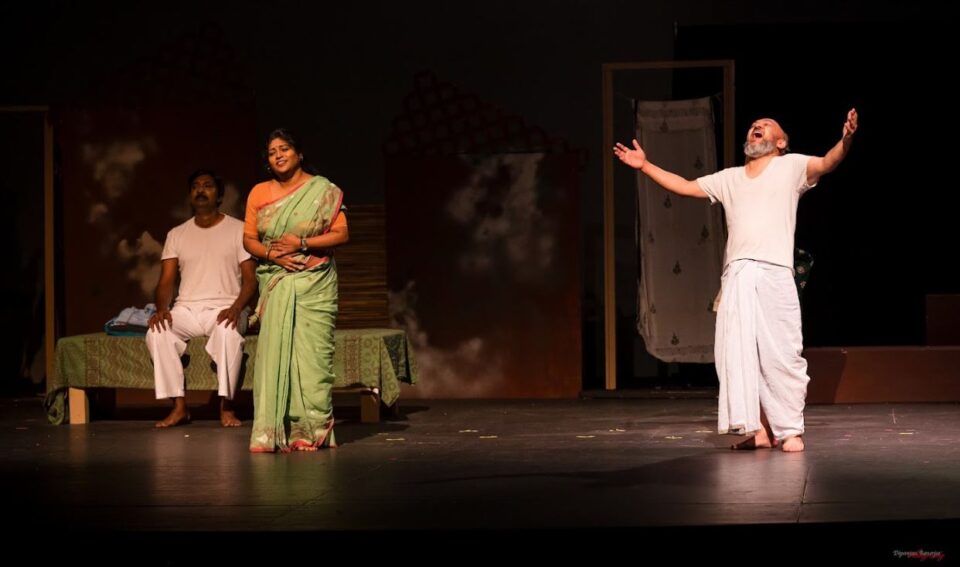NRI PULSE STAFF REPORT
Sugar Hill, GA, September 12, 2025— The Eagle Theatre in Sugar Hill became a vibrant stage of culture and storytelling as Aabaha Inc. hosted the much-anticipated Aabaha Art and Theater Festival (AATF) 2025. For three days, theater groups from Atlanta, Boston, Chicago, Dallas, and New Jersey came together under one roof, presenting plays in Hindi, Bengali, and English. Staying true to Aabaha’s mission of “showcasing cultural diversity beyond borders,” the festival blended multilingual and multicultural performances with art exhibitions and community dialogue.
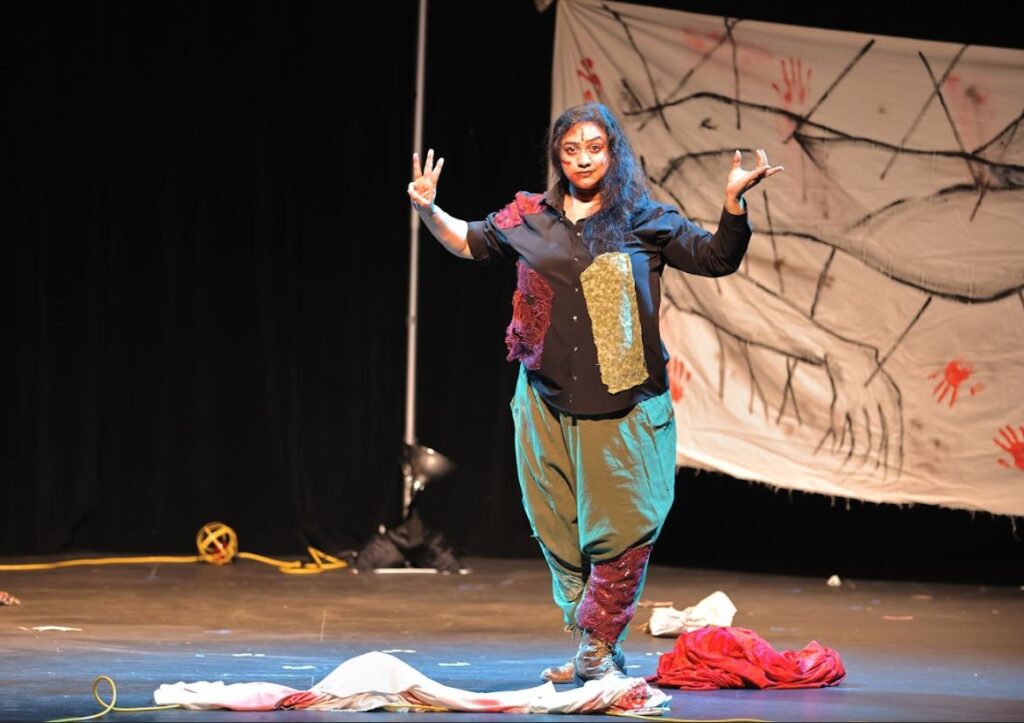
“This festival is more than a showcase,” said Kallol Nandi, founder of Aabaha Inc. “It is a dialogue between traditions, a meeting ground for generations, and a celebration of immigrant voices finding a home on American soil.” The inauguration was graced by Consul Nishi Arora of the Indian Consulate in Atlanta and Sugar Hill Mayor Brandon Hembree, who praised the festival’s ability to bring diverse cultures to life in the city, reinforcing Aabaha’s growing cultural footprint.
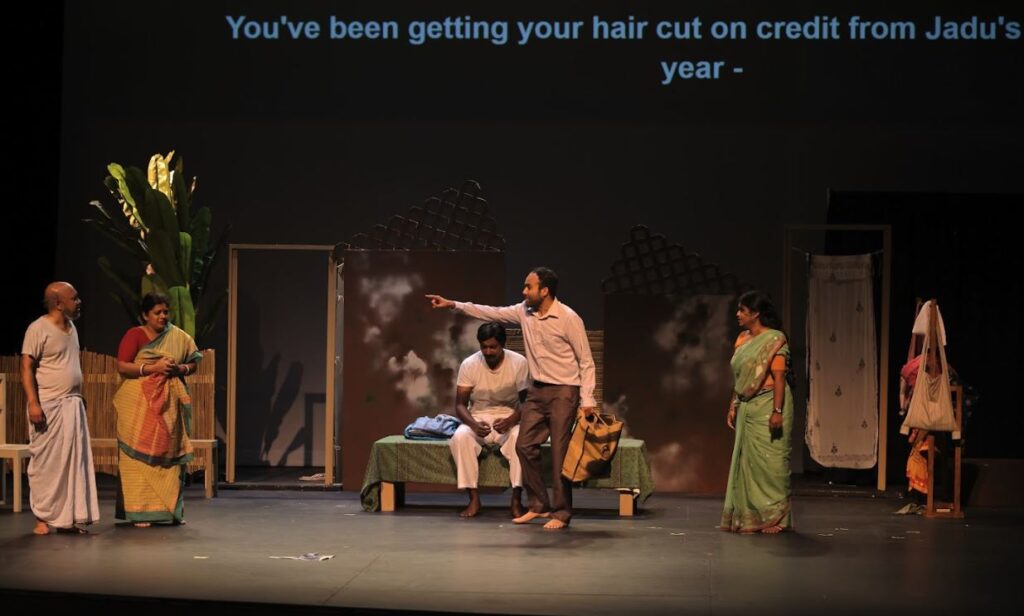
The festival’s carefully curated schedule began on Friday with the plays जुकाम जारी है (Cold Continues) by Atlanta’s Dhoop Chaoon and सांगाती – हमराही (Fellow Traveler) by the Performing Arts Community of Atlanta. Saturday featured the prestigious Aabaha Samman Award Ceremony, followed by Shikhandi (ECTA, NJ), মেঘে ঢাকা তারা (The Cloud-Capped Star) by Aabaha, and শুভদৃষ্টি (At First Glance) by ENAD, Boston. On Sunday, a community panel on the future of immigrant theater was followed by ইঁদুর দৌড় (The Rat Race) by Chicago Natyogoshthi, গোত্রহীন (Across the Bridge) by DFW Play, Dallas, and একটি আধুনিক উপাখ্যান (A Modern Story) by Aabaha. Each performance concluded with interactive Q&A sessions, allowing audiences to engage directly with the artists.
The Aabaha Samman 2025 Award was presented to Dr. Sudipta Bhawmik in recognition of his pioneering contributions to Bengali and Indian American theater. Reflecting on the experience, Dr. Bhawmik said, “It was incredible to see so many theater groups from across the country come together to perform. Some of the most memorable ones for me included ‘Meghe Dhaka Tara’ from Aabaha, ‘Gotroheen’ from DFW Play, and ‘Subhodrishti’ from ENAD Boston. I was deeply honored to receive the Aabaha Samman 2025 Award. A heartfelt thank you to the Aabaha team for this recognition and their warm hospitality.”
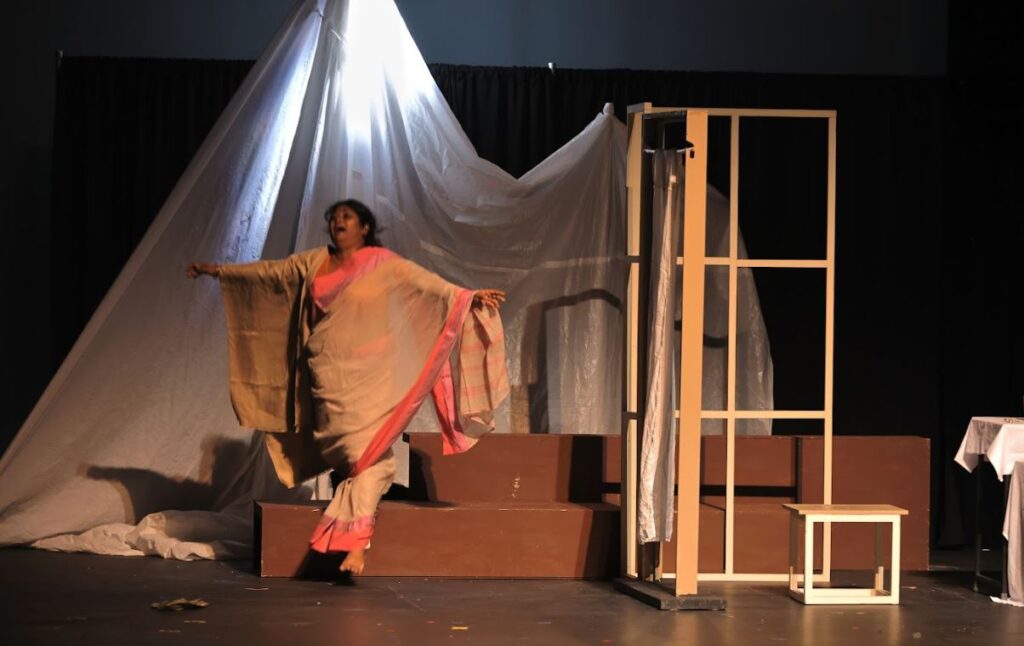
One of the festival’s standout performances was Meghe Dhaka Tara (The Cloud-Capped Star), directed by Kallol Nandi and adapted from Ujjwal Chattopadhyay’s work. This poignant Bengali play explored sacrifice and resilience in post-Partition Bengal through the character of Neeta, who becomes the backbone of her refugee family, only to meet with personal tragedy. With symbolic staging, powerful storytelling, and English subtitles, the production resonated deeply across linguistic and generational divides.
Beyond the stage, the festival celebrated creativity in other forms. The art exhibition featured paintings, sculptures, and crafts by community artists, many of them nonprofessional but showcasing remarkable talent. A poster display honored Indian theater stalwarts Badal Sarkar, Tripti Mitra, and Mohan Rakesh, while a literary segment introduced Kancha Kobitar Boi, a new poetry collection by Ankan Basu. These elements gave the festival a holistic character, merging performing and visual arts with literature and history.
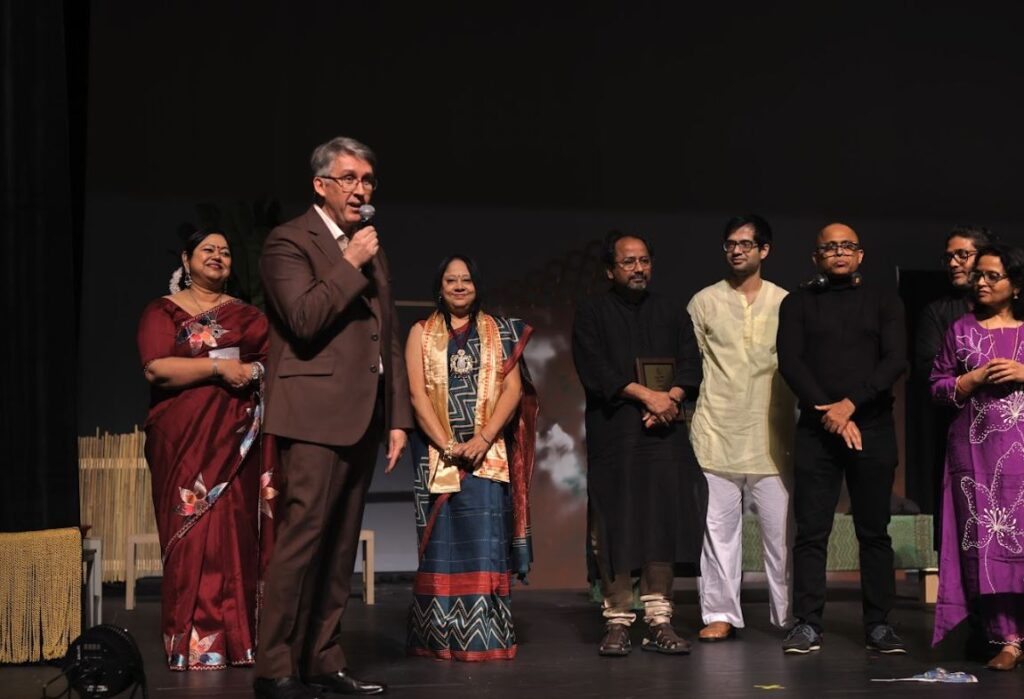
Audience testimonials underscored the festival’s impact. Alpharetta resident Mridul Paul noted, “Thanks to Aabaha Inc. for another wonderful festival. I especially enjoyed ‘Meghe Dhaka Tara’—the English subtitles were very helpful for seniors like me and non-Bengali audiences.” Atlanta resident Kalyan Mitra praised the lighting and English closed captioning, while Animikh Sen described the weekend as “one very memorable experience” marking his 30 years in the United States. Suman Halder added, “What wonderful plays—gifts that enrich the mind and spirit.”
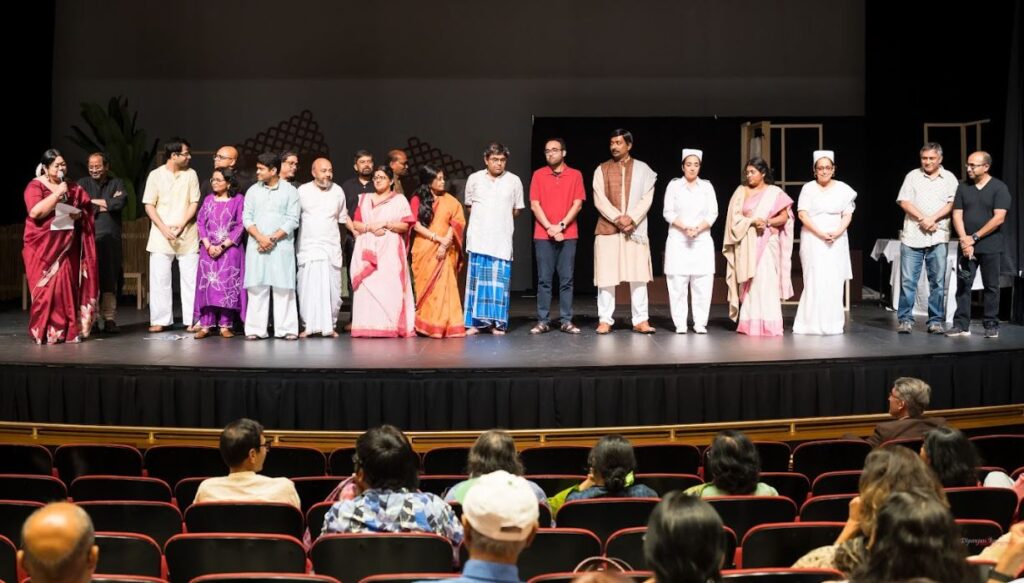
Founded in 2019, Aabaha Inc. is a 501(c)(3) nonprofit dedicated to advancing Indian American performing arts through multilingual storytelling, visual arts, and community dialogue. Its past productions have traveled to Chicago, Nashville, Atlantic City, and San Francisco, steadily building a national presence. “What makes Aabaha unique is its holistic approach,” explained festival co-organizer Pranjal Karmakar. “It’s not just plays. It’s discussion, art, books, history. It’s community.”
As the curtains fell on Sunday evening, the festival left behind more than memories of fine theater. It sparked conversations about identity, heritage, and the evolving role of immigrant voices in American culture. With ambitious plans for 2026 already underway, Aabaha is poised to broaden its collaborations and deepen its impact. If AATF 2025 is any indication, the festival is thriving — and on its way to becoming a national model for multicultural arts festivals.




